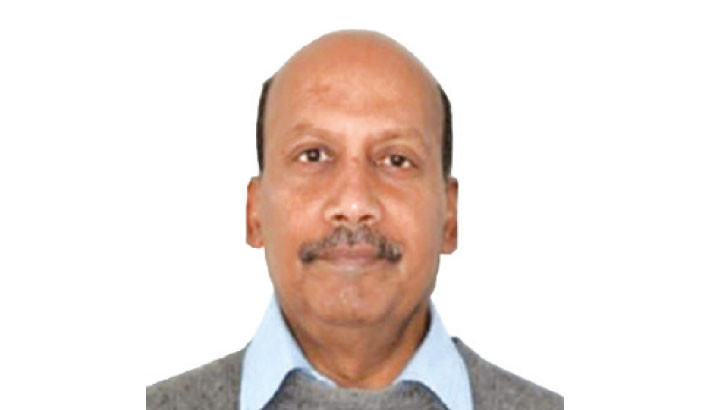Elections Should Be Preceded by Three Fundamental Reforms
Taufiqur Rahman
Published: 22 Nov 2024

The interim government and student leaders talk about many reforms to be completed before the next election. This is making political parties and people nervous. The key question is - how long will the interim government need to stay in power to complete all the reforms? There is no clear answer as student leaders want major reforms to be completed but the political parties want a timeline for an election by next year. Both parties can meet their demands if they agree on the following three priorities and allow the interim government to hold a general election.
Establishing the rule of law and tackling corruption must be the most important priority. Because of corruption, inflation has increased. High prices of essentials have not come down significantly but the income of common people like transport workers has decreased. This is not an ideal situation. The government has increased imports of essentials and reduced import taxes. However, syndicates are active, and corruption continues as an impediment to easing people’s suffering. Therefore, syndicates and informal corrupt arrangements must be handled with iron hands.
Besides, all projects are at a standstill, hampering economic activities. Without economic activities, incomes will not increase. The World Bank and other financing organisations want approved projects to start, allowing funds to be utilised. International investments will not be coming without the rule of law. The government must fast-track the rule of law. The Judiciary must be independent, and the police force must get new leadership and recruits to be an effective force in law enforcement. Thousands of unemployed young people can be easily recruited and trained. The Army needs to go back to barracks as soon as we have an effective police force. A national policy of zero tolerance for corruption must be announced. The media must be free to report corruption without being threatened or harassed. Online reporting of corruption and crime must be encouraged, along with introducing a whistleblower system so that people are empowered to report corruption.
The second priority should be political parties’ reforms. Political parties are talking about a national election soon and putting pressure on the government. However, they are not doing their own reforms. Old leaders are not relinquishing their hold. These political parties must understand that they must not keep corrupt leaders or those with any criminal history in leadership positions. It is time to clean rank and file membership in each party. It is time to make room for young leaders in every party committed and dedicated to serving the national interest. It is time to elect leaders who have a vision of a strong Bangladesh where people will have jobs and enjoy economic upliftment. Political leaders must commit to upholding the rights of women and minorities. Unless the political parties demonstrate a clear break from past ways of doing business, the interim government will not hold a general election. We must not allow corrupt leaders to come back to power. The student leaders and the people are clear about it. The interim government needs to set a deadline for political parties’ reforms and announce that if any party does not reform it, that party will not be eligible for election. There is no need to follow the previous regime’s undemocratic practice of banning political parties.
The third one should be parliamentary system reform. The government should make decisions on what kinds of representative government we must have where districts have an equal say in the parliament and there will be checks and balances among three branches of government – Executive (Prime Minister or President’s office), Upper House, and Lower House. There are many good examples from Europe and North America that we can adopt. We can look at successful models and best practices that have worked for many years in other countries and adopt what will be good for Bangladesh. We must have an upper house and lower house as that will ensure balanced representation from all districts and will also facilitate checks and balances at the highest levels. Past political governance did not work, and we must not repeat the same arrangements in the future.
Democracy is about consultation, citizens’ participation, consensus building, empowerment and information sharing. What we need to do is hold systematic consultations with the political parties, community influencers and student leaders to develop consensus on essential reforms, a timeline for the next election and a strong commitment to anti-corruption. This must be done soon. The consensus must be published for public knowledge and acceptance. Only an elected government will have a popular mandate to conduct long-term reforms and promulgate laws that are binding. It is important to build consensus and commitment on the above three priorities and election timelines so that our country can look forward to a strong democracy.
----------------------------------------------
The writer is an international development expert based in Maryland, USA

